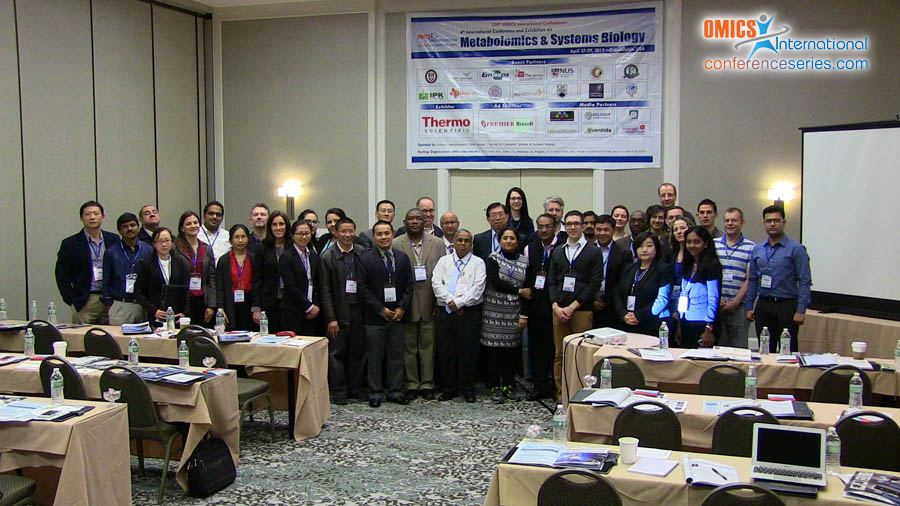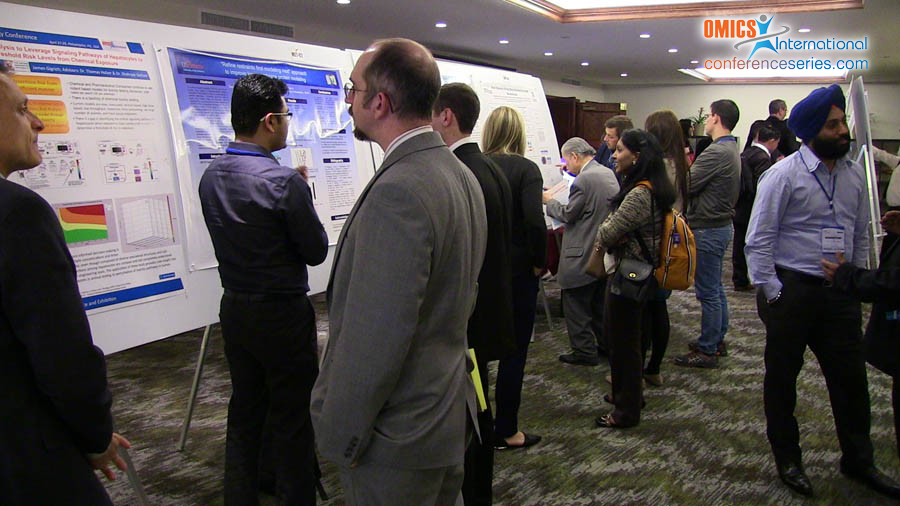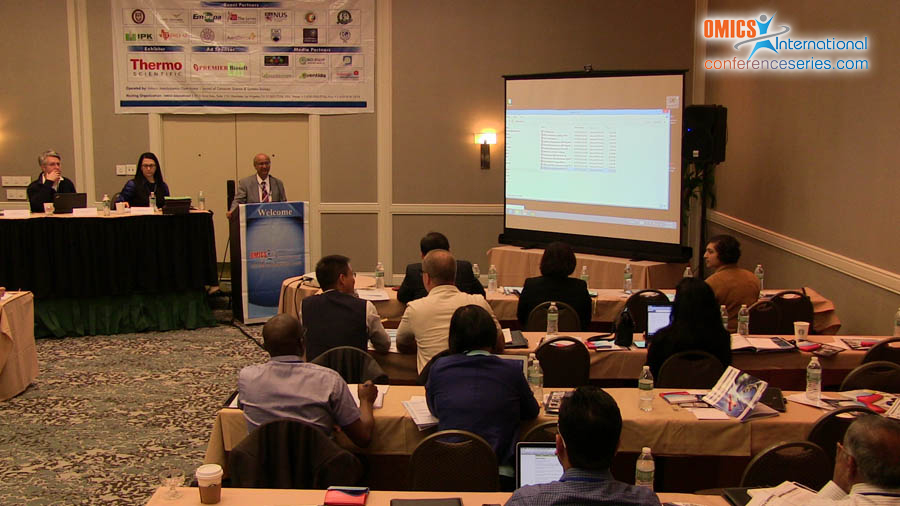
Mukesh Verma
National Institutes of Health, USA
Title: Challenges and research opportunities in metabolomics
Biography
Biography: Mukesh Verma
Abstract
Epidemiology, the study of frequency, distribution, and determinants of disease in human population has gained awareness of its contribution in the advancement of biomedical knowledge over the past several decades. Epidemiologic studies not only offer the opportunities to generate hypotheses through the descriptive nature of the study design, but also provide chances to extrapolate the knowledge gained from laboratory experiments to human and generalize the finding from clinical trials to the general population. Through the course of epidemiologic study design, the hypotheses can be verified for primary prevention strategies and the secondary and tertiary prevention efforts can be evaluated for its effectiveness and efficiency.Although success has been achieved in metabolomic studies, few challenges and research opportunities have come across. One of the challenges of applying metabolomics in epidemiologic studies is to differentiate environmental influences on the metabolome from normal aging of the metabolome which in itself can be associated with age-related illness, such as cancer, diabetes mellitus, and cardiovascular diseases. Additionally, environmental exposures play an important role in shaping the metabolomic signatures, hence can have a significant contribution to epidemiologic studies in understanding its role in disease causation. Population-based studies are an excellent tool to better understand the relationship between metabolomic variations and disease distribution.Epidemiologist employs a number of different study designs (cross-sectional studies, retrospective case-control studies, cohort studies, nested case control studies, intervention studies, family-based studies, birth cohorts) that can be used to study the role of metabolomics in health and diseases.
Speaker Presentations
Speaker PDFs
Speaker PPTs Click Here




